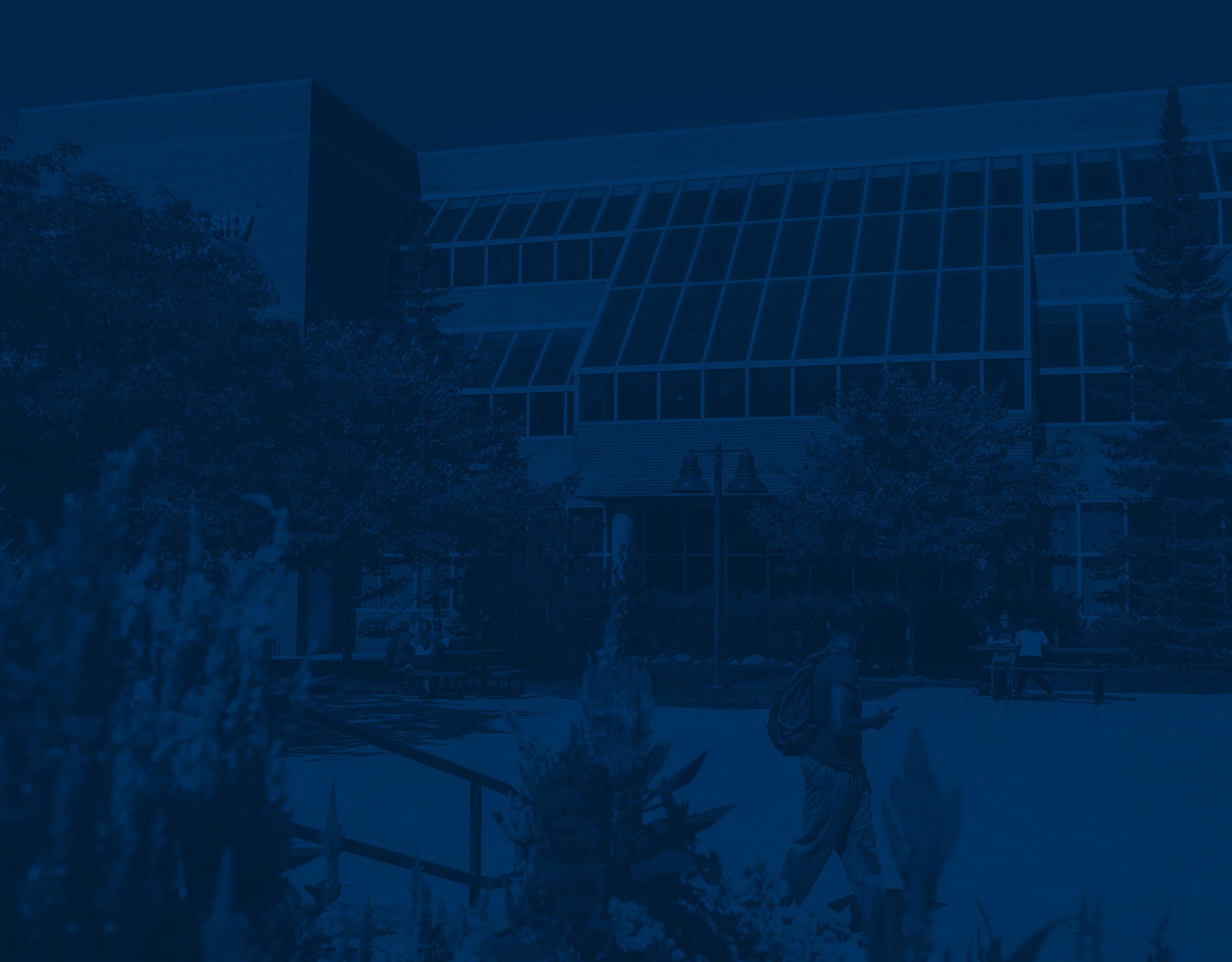Critical Issues Conference
Schedule of Events Saturday

Student Panel | 9-10 a.m., Michigan Rooms
Jessyca Mathews
Student Panel Moderator
Teacher, Carman-Ainsworth High School
High school senior
Durand HS
Levi Todd
Alumnus & Former Student Government
President, UM-Flint
Logan LaPeen
Sophomore & Student Government
Vice-President, UM-Flint

Interest Session 1
10:15-11 a.m.
| Title of Talk | Focus | Speaker(s) | Tentative Location |
| What Data Tells Us about College Students’ Experiences During COVID-19? | Higher Ed | Matt Johnson | 212 FH |
| Changing Landscape in Higher Education – Meeting Student Needs in the Classroom | Higher Ed | Amanda Smith Tracy Juliao | 301 FH |
| At the Intersection of Equity and Care: Designing and Sustaining a Humanized Classroom | K12 | Jeffery Austin | 307 FH |
| Square Pegs & Round Holes: Cross-Curricular instructional strategies for the Diverse Learner | K12 | Yolanda Hood | 250 FH |
Interest Session 2
11:15 a.m.-12 p.m.
| Title of Talk | Focus | Speaker(s) | Tentative Location |
| Building a Bridge Over the Ocean for Students with Multiple Disadvantages | Higher Ed | John Girdwood | 250 FH |
| Panel Discussion: When Mirrors are Non-Existent, Broken, or Removed: A Dive Into Dr. Bishop’s Literacy Theory Through a LGBTQ+ Lens | K12 | Carrie Mattern Patrick Harris Greg McClure Natalie Popadich Jason Westra-Hall | 301 F |
| Humanizing the ELA Classroom | K12 | Robin Moten | 212 FH |
| Student Consent as Power: Listening to Students as a Step Towards Healing | Higher Ed | K.M. Begian-Lewis | 307 FH |
12-1:30 p.m. Lunch with Keynote Speaker | Michigan Rooms
Keynote Talk
Academic Coaching — Small Steps for Big Result
Keynote Presenter
Charlotte O’Connor; Owner, Charlotte O’Connor Academic Coaching, LLC
Keynote Overview:
When forced to work remotely during the Covid era, gaps in student academic skills became apparent. Learners in the University of Michigan Medical School – who are among the best and brightest — were no less impacted. They experienced difficulties with time management, study skills, and independent completion of the challenging work required for success. Nearly universal among these heretofore top achievers was an admitted lack of metacognition and limited knowledge of learning strategies and techniques.
The academic coaching model identifies gaps in academic skills, allows for increased metacognition, and provides guided support to build confidence and increase academic performance. The academic coach can be described best as a process tutor – one who through direct instruction teaches metacognition and specific learning strategies for success.
Academic coaching provides one-on-one, individually tailored support for all learners; it is not just for those who struggle. Coaching provides learners the ability to self-assess skills gaps, understand metacognition, and apply a variety of research-based strategies to support their strengths. The coach becomes a trusted participant in the learning process who, with the learner, creates a learning plan, tracks progress toward success, and supports the elimination of behaviors that inhibit progress.
This session will introduce you to the academic coaching model, which increases student success. In addition, you will learn about resources to support best practices in the field of academic coaching.

Interest Session 3
1:45-2:30 p.m.
| Title of Talk | Focus | Speaker(s) | Tentative Location |
| The Academic Coach’s Toolbox: A Brief Overview | Higher Ed | Charlotte O’Connor | Michigan Rooms |
| Engagement: Reimagined and Realigned | K12 | Kye Bright | 301 FH |
| Fostering Emotional Intelligence in Educational Spaces: Strategies for Integrating Social-Emotional Learning (SEL) Terms | K12 | Jess Mathews | 212 FH |
| Always and Already – Mindfulness in the Classroom Space | Higher Ed | Jennifer Fisch-Ferguson | 250 FH |
2:45-3 p.m. Closing Remarks | Michigan Rooms
